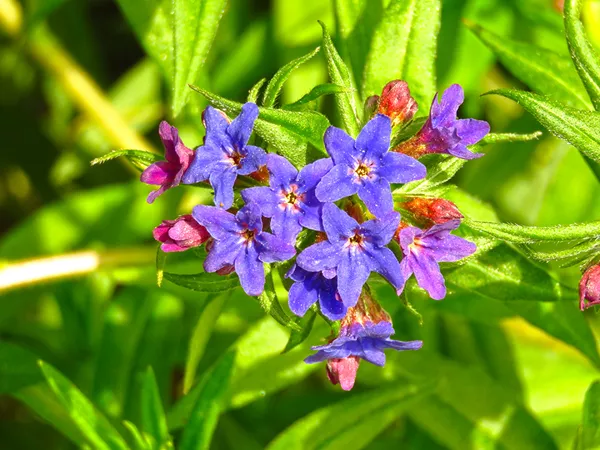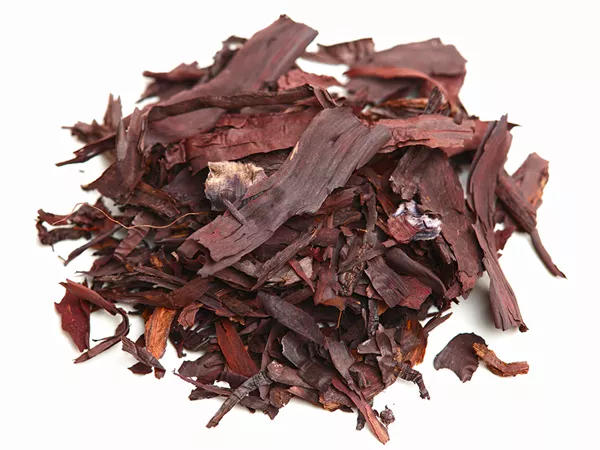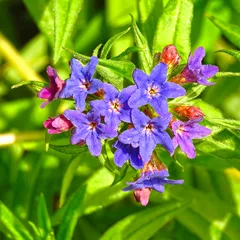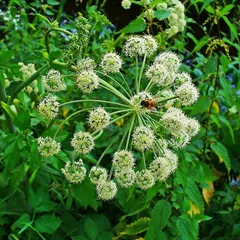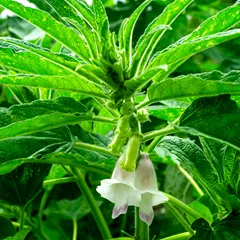Zi Cao
Zi Cao
English: Lithospermum roots
Chinese: 紫草
Parts used: The root
TCM category: Herbs that clear Heat and relieve Toxicity
TCM nature: Cold
Organ affinity: Heart Liver Pericardium
Scientific name: Arnebia euchroma,Arnebia guttata Bunge or Lithospermum erythrorhizon
Other names: Groomwell root, Arnebia root, Purple Weed, Chinese Stoneseed, Lithospermi
Use of Zi Cao (lithospermum roots) in TCM
Please note that you should never self-prescribe TCM ingredients. A TCM ingredient is almost never eaten on its own but as part of a formula containing several ingredients that act together. Please consult a professional TCM practitioner, they will be best able to guide you.
Preparation: Collects the root, clean and dry
Dosage: 3-9g
Main actions according to TCM*: Cools the Blood and invigorate Blood. Clears rashes and removes toxins from the Blood. Applied topically to clear Damp-Heat. Unblocks the Intestines.
Primary conditions or symptoms for which Zi Cao may be prescribed by TCM doctors*: Rashes Sores Chickenpox Measles Burns Eczema Vaginal itching Constipation Urinary dysfunction
Contraindications*: Contraindicated when there is diarrhea due to Deficiency of Spleen or Intestines. It only seems to be effective for measles in the beginning stages and so is contraindicated by some for later stages of the disease.
Common TCM formulas in which Zi Cao is used*
Zi Dang Gao
Source date: 1831 AD
Number of ingredients: 4 herbs
Formula key actions: Clears Heat and cools the Blood. Resolves toxicity . Moistens Dryness. Relieves pain and itching.
Conditions targeted*: Lip soresEczema and others
Zi Cao is a king ingredient in Zi Dang Gao. Like the name indicates, it means it has more power than other ingredients in the formula.
In Zi Dang Gao, Zi Cao clears Heat, cools the Blood, and resolves Toxicity. When the Toxic-Heat are resolved and the damaged skin is moistened, the pain and itching will cease.
Key TCM concepts behind Zi Cao's properties
In Traditional Chinese Medicine (TCM), Zi Cao belongs to the 'Herbs that clear Heat and relieve Toxicity' category. Herbs in this category are used to clear inflammatory and infectious conditions, referred to as 'Internal Heat' in TCM. This is why most of the herbs in this category will have both antibacterial and antiviral properties. In TCM one has too much 'Internal Heat' in their body as a result of a deficiency of 'Yin' (which is Cold in nature, see our explanation on Yin and Yang) or, more commonly, an Excess of Yang (Hot in nature). Herbs that clear Heat and relieve Toxicity treat the latter while, at the same time, removing infectious toxins from the body. As such they tend to be Cold or Neutral in nature.
As suggested by its category Zi Cao is Cold in nature. This means that Zi Cao typically helps people who have too much 'Heat' in their body. Balance between Yin and Yang is a key health concept in TCM. Those who have too much Heat in their body are said to either have a Yang Excess (because Yang is Hot in nature) or a Yin deficiency (Yin is Cold in Nature). Depending on your condition Zi Cao can help restore a harmonious balance between Yin and Yang.
Zi Cao also tastes Bitter and Sweet. The so-called 'Five Phases' theory in Chinese Medicine states that the taste of TCM ingredients is a key determinant of their action in the body. Bitter ingredients like Zi Cao tends to have a cleansing action on the body by clearing Heat, drying Dampness and promoting elimination via urination or bowel movements. On the other hand Sweet ingredients tend to slow down acute reactions and detoxify the body. They also have a tonic effect because they replenish Qi and Blood.
The tastes of ingredients in TCM also determine what Organs and Meridians they target. As such Zi Cao is thought to target the Heart, the Liver and the Pericardium. In addition to regulating Blood flow, in TCM the Heart is believed to be the store of the 'Mind' which basically refers to someone's vitality. The Liver on the other hand is often referred as the body's "general" because it is in charge of regulating the movements of Qi and the Body Fluids. It also takes a leading role in balancing our emotions. The Pericardium is also called the "heart protector". It is the first line of defence for the Heart against external pathogenic influences

